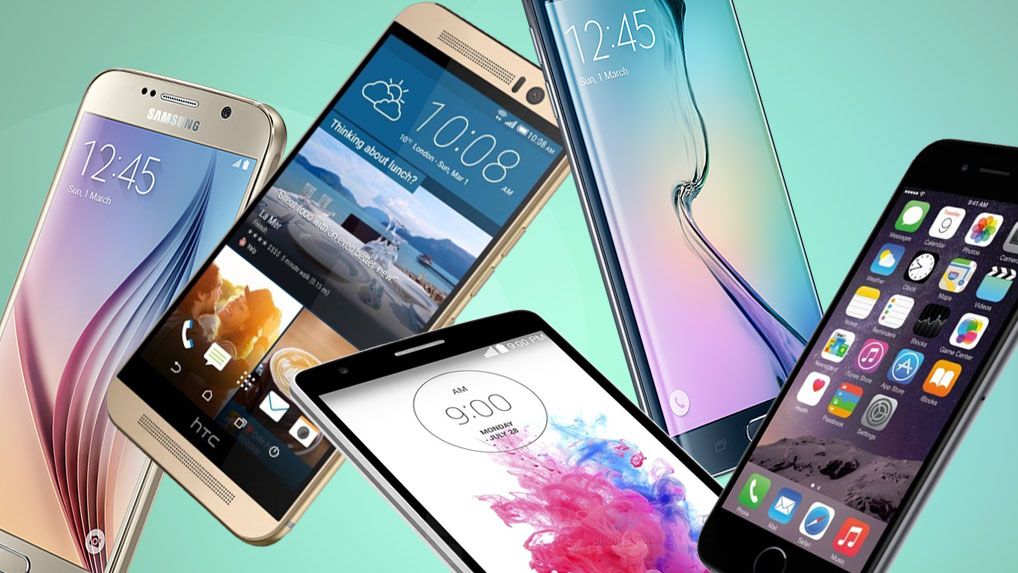Dial M: How small businesses can tap into mobile marketing to grow
Make the most of mobile

Today's consumers are using their mobile phones and handheld devices to engage with organisations so much that it would be foolish for small business owners to ignore the market opportunity. But that means more than just whacking a 'redesign for mobile' plug-in on your website and hoping for the best.
Smartphones and tablets actually offer far more ways to reach out and grab potential customers, and they often come with a much lower price tag than retooling a web presence.
If you run an SMB or have a low marketing budget, these tips can definitely help you get the most mobile-specific promotional opportunities.
Call on me
The most obvious technology a mobile phone offers has neither a laptop or desktop PC does well is the ability to make calls.
James Blews, an online marketing and SEO consultant, has seen clients enjoy an increase in calls when moving from a text based to an image based 'click to call' link on websites.
"Probably the most impactful activity was using 'click to call' advertising in Google AdWords and Facebook Ads," he says. "Our price per click value never increased, but the click was a guaranteed phone call."
The only thing lost when a customer does call you is the 'click path' that leads to the sale. Kyle Christensen, VP of marketing at call intelligence platform Invoca, says the most successful retailers will optimise for the entire customer journey – not just between pages or links, but offline too. "Many of us aren't equipped to analyse and automate the inbound call experience in the same way we are for clicks," he says.
Sign up to the TechRadar Pro newsletter to get all the top news, opinion, features and guidance your business needs to succeed!
Invoca's service offers you a phone number that lets the customer intelligence continue when the call starts. Code can be added to an advertisement or website that tells you where and when calls originate; identifies keywords that can connect to a specific promotion, and cements the results into metadata that can tell you what is and isn't working from voice data rather than just click traffic.
Mobile only
One of the other advantages of mobile traffic is that you can tell where your customers are. Even services where individual users haven't opted in can reveal a wealth of market data.
"Triggers based on weather, geography, stock market, or location can be used easily on mobile devices and don't need cookies or other identification technology," says Diaz Nesamoney, CEO of ad platform Jivox.
Mobile first strategy consulting firm Purplegator recently put such an approach into practise. Surveys revealed that a lot of people making the four hour drive from LA to Las Vegas hadn't booked accommodation before leaving, so the company sent ads for their off-strip hotel client through the Waze directions app and the hotel enjoyed a jump in business.
When we think of mobiles we also tend to think of apps in the smartphone, but some of the most effective tools have been part of the mobile communications infrastructure for much longer.
According to research by the Australian Interactive Media Industry Association, SMS is still far more widely used than apps and data, and that's a huge market not many companies are tapping nowadays.
75 percent of Americans and 89 percent of Australians' own a smartphone, but that means three million people in Australia and 80 million in the US are beyond the reach of your cool and expensive mobile website.
But SMS has a low cost, is easy for users to access and action, and can reach everybody. Dimitri Tsitsikas, director of strategic relationships of MessageMedia, also thinks SMS's true advantage is the attention paid to it by the average user.
He says 97 percent of all SMS marketing messages are opened – 83 percent opened within one hour, whereas many emails received on mobiles are ignored completely. We also retain mobile numbers on our devices for longer than any other contact method.